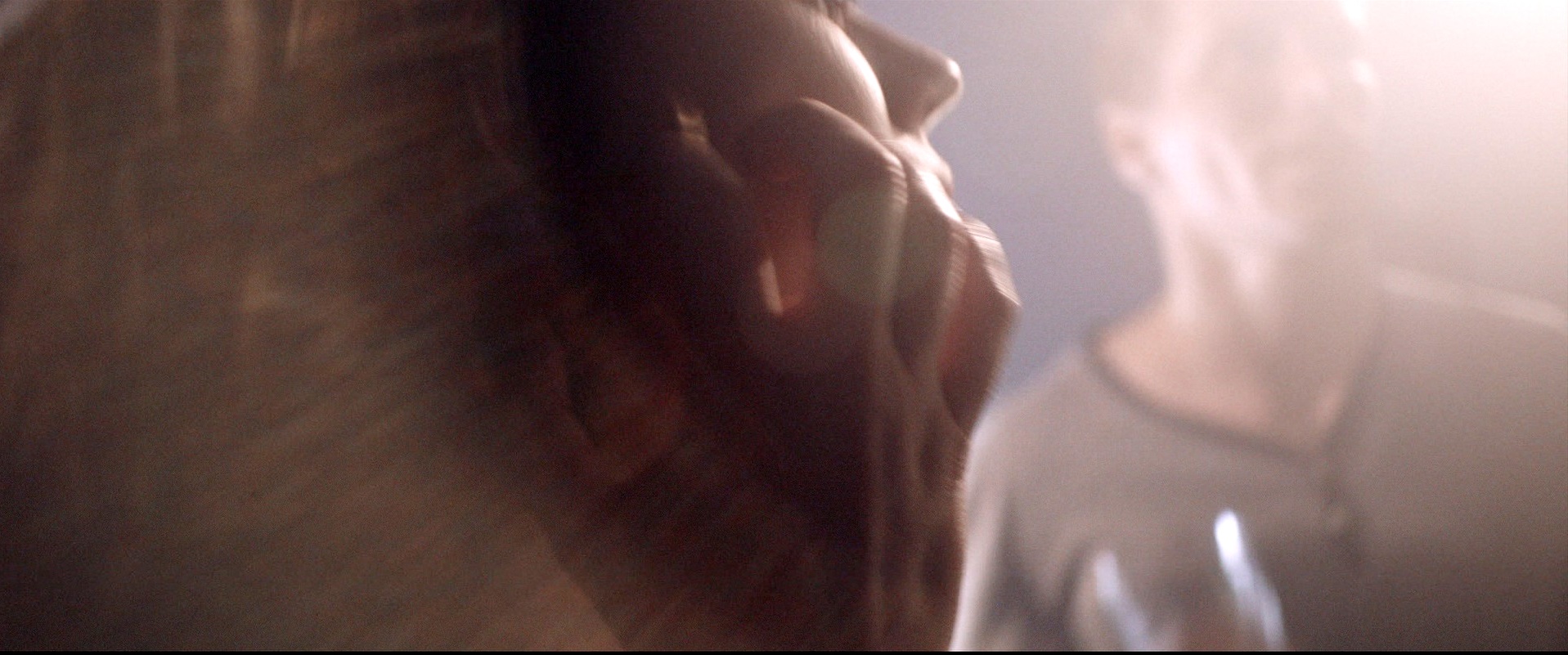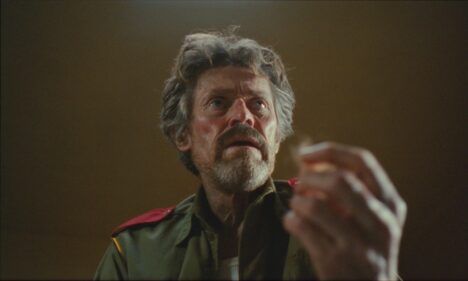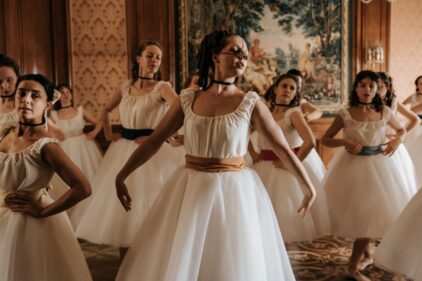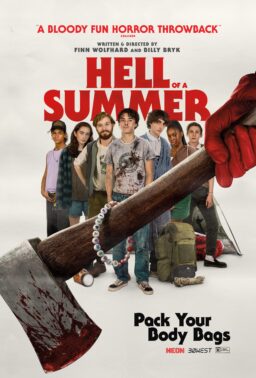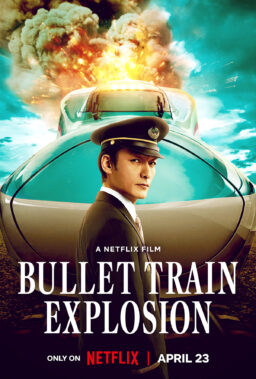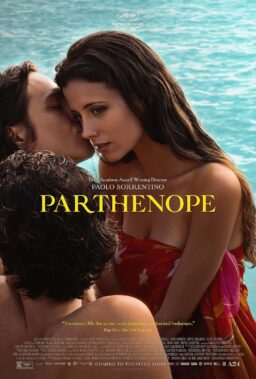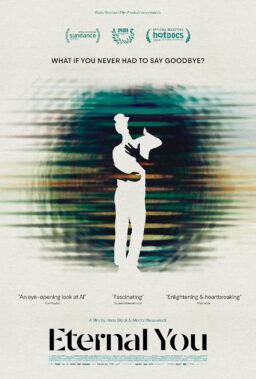It’s telling that so many reviews of Sebastian Schipper’s
new film “Victoria” use the
word “gimmick”—specifically to deny that the film gives in to one. It seems
necessary to acknowledge that someone might
accuse it of gimmickry, but writers are scrambling to defend it from a critique
no one seems to be making—at least not if they’ve actually seen the film. “Victoria“’s central conceit sounds
unlikely: it’s a 138-minute heist film, shot in a single unbroken take on the
streets of Berlin. In fact, Schipper says, it sounds so unlikely that Toronto and Sundance both initially rejected the
film, because programmers simply didn’t
believe he was telling the truth about how he shot it. But after the film
won six German Film Awards (Best Film, Direction, Cinematography, Actor,
Actress, and Score), plus the Silver Bear and other awards at the Berlin Film
Festival, people stopped dismissing it. And the film speaks for itself, clearly
and defiantly.
Schipper wasn’t always confident it would. He was afraid the
conversation out of the year’s festival showings would focus on whether he had
cheated by stitching scenes together with CGI. But that discussion hasn’t
materialized. And at this point, he thinks it’s because people can sense that
it’s authentic. “I think if we had cut, the discussion would have been there.
Because the flow of this film is seamless. We don’t watch films with our
brains, and we don’t watch films with our hearts. I think we watch films with
our nervous systems. You’re in this river, and whether it’s fast or at times
really slow, if we changed rivers, you would feel it.”
“Victoria” opens
with the eponymous character, a Spanish woman out for a night on the town in
Berlin, running into a group of young men who invite her to come drinking.
Victoria (Laia Costa) is lonely enough to take them up on it. Over the course
of more than two hours, bits of her background emerge, revealing why she’s so
aimless and reckless, and why she’s willing to jump in on their other plans as
well. Eventually, the film develops into a gangster story. Then there’s a bank
robbery, a shootout, and much more—all as one continuous, flowing “river” of
story. “Victoria” travels into and out
of a nightclub, up onto a rooftop, through a bank, into a hotel, and around the
city streets, with the actors staying in character the entire time. And
cinematographer Sturla Brandth Grøvlen is in the midst of it all, weaving in
and out of the action, using a Canon C300 to capture the dialogue from an
intimate distance.

Schipper says he’s always reluctant to admit what camera he
used on the shoot, because he and his producers approached Canon about using
their equipment, “and they didn’t even answer our email.” It was one of the few
places in the film where they couldn’t economize. Otherwise, it was a cheap, lean
shoot: Schipper admits he underpaid his actors and crew. He didn’t seek permits
for his run-and-gun shoot, because he couldn’t afford them. He just started the
shoot at 4:20 a.m. on a Saturday, in a “rather lame area of Berlin” without
much nightlife. He used three separate roving sound crews and nearly two dozen
assistant directors to ward off pedestrians and create a moving “bubble” around
the action. He shot a dramatic gunfight in a closed housing project, on private
property where he could control the action. He replaced low-level lights on a
billboard and in a parking garage with brighter ones to give him more light to
work with.
But ultimately, he didn’t worry much about the logistics, especially
about trying to direct his actors in the moment. “I know it’s a bit of a hippie
answer, but the film was not in the planning,” he says. “It was not in the
logistics. If we’d just concentrated on the logistics, we would not have been
able to make it. If this had been a super-long list of boxes to tick, this
would have never gotten together. We had to neglect all the boxes and
concentrate on some other level that was more vital and flexible and organic.
And that’s the heart and soul of the performance, which also includes the
performance of the camera.” The primary issues became keeping people off the
set—Schipper personally had to head off one drunk Russian couple who tried to
help one of his actors, who was playing out an emotional breakdown. And when Schipper
got one setting ahead of the action, he found three men waiting to unload a
truck in an alley where a key scene was about to take place. He had to convince
them to hide for just 10 minutes, while the action moved through the alley, and
then kept going.
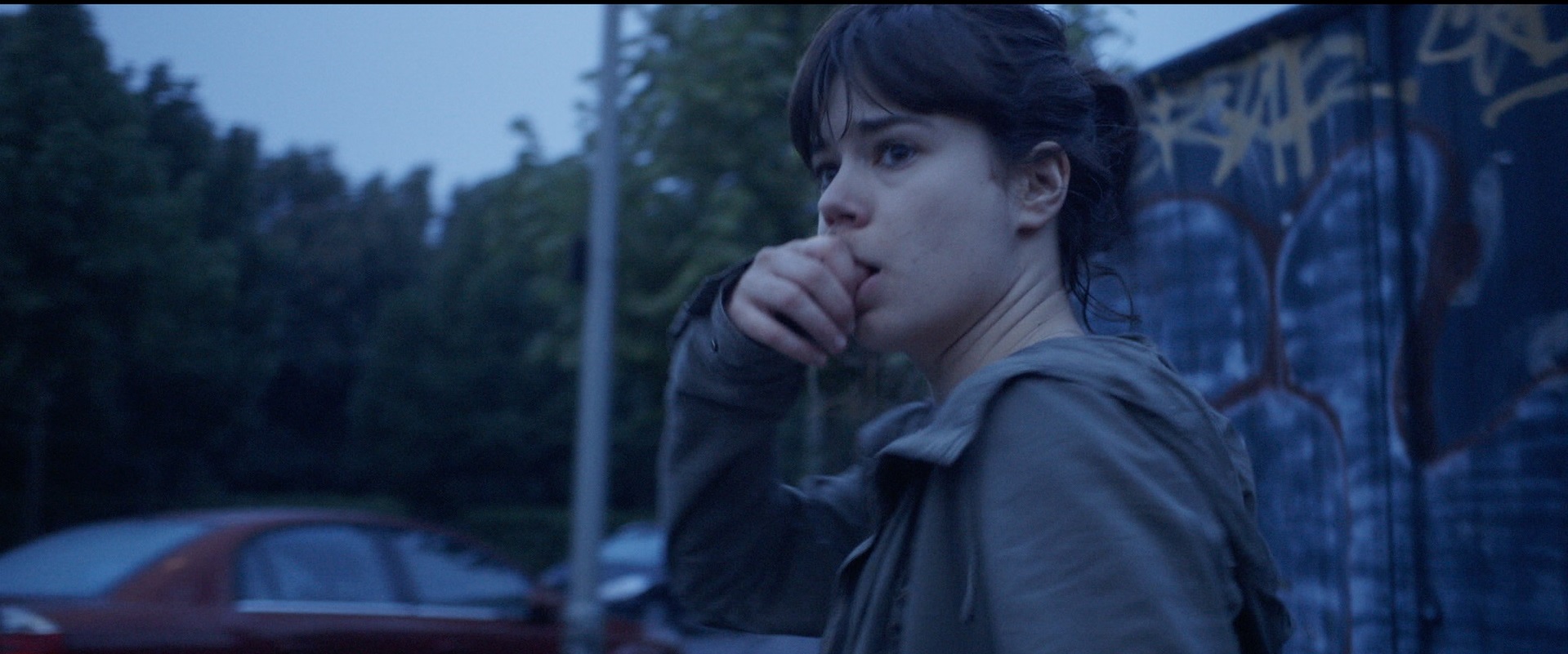
“That’s why I had to produce it myself,” Schipper says. Any
other producer, he says, would have insisted on more practical planning. And
any other producer might have known what Schipper was getting himself into. “When
I realized it was impossible, we were way
past the point of no return. There was a certain naïveté to it, and that was
great, that also infected other people, like the actors and my cinematographer.
The rules to this were not clear. None of them had tried it before and failed,
so I just had to convince them I knew how to do it. They looked at me like,
‘You’re crazy, but it sounds like fun.’ Of course, for them it’s easy, right?
If it doesn’t come together, I’m the
idiot. So they gave it all they had, and I promised them that we could do it.
Don’t underestimate how people are willing to do something crazy. That’s how
they ended up in this business in the first place.”
Schipper says he “even seduced people with money into this
kind of thinking,” emphasizing the excitement of the shoot and the novelty of a
single-take project on a never-before-seen scale. He used the same line on
Spanish actor Laia Costa, who plays Victoria, and on her casting agent, Luci Lenox: “We don’t have much money, but
we’re really going to do something
here.” Then he presented his cast with a 12-page outline of the story, and had
them improvise their own dialogue, scene by scene, developing their own roles.
“The actors loved that because it gave them freedom,” he
says. “Not everyone even read the 12 pages. The factory setting for an
actor—the crazy-meter for all of them is not on 10, but it’s above 5 for
everyone who’s an actor. They want to play.”

And after shooting three conventional films that didn’t bring
across his personal voice, he was tired of the traditional filmmaking process.
The idea for “Victoria” came when he
was daydreaming about robbing a bank, to distract himself from a screenplay
that wasn’t coming together. “You know, your mind does everything to get away
from that work. You goof around in your mind with ‘What if?’” He had his heist
all planned out, and was convinced he really could successfully rob a bank: “I
would ask my two best friends [to help], and that would create a brotherhood,
because we wouldn’t be able to tell anybody.”
But once he started considering a heist movie, it seemed
stale. “I was amazed at how little that was attractive. It just felt like
another script, another film, another project to raise money for.” He’d seen
enough heist films that he didn’t want to compete with the greats: “It was a
very pure, instinct-driven intuition that I wanted to get away from what had
already been done. If you have a menu of heist movies, you already have the
burger of ‘Ocean’s Eleven,’ and the
spare ribs are ‘Dog Day Afternoon,’ and
the steak is ‘Heat.’ I’m a chef, so
what am I going to put on that menu, a second-best burger or the second-best
ribs? It was, ‘How can I cook something genuine? How can I do something that’s
not pretty much a clone of what I admire? How can I get away from the
references?’”
The answer involved giving up control to his actors, his
cinematographer and to the energy of improv. The method produced a much
more exhilarating, energized film than something scripted and full of
conventional cuts. “We don’t want lies. We don’t want scripts,” he says. “We
want stories, and we want pain. We
want love and run-for-your-life, the real thing. We want pure joy, not a
performance.” Instead of micromanaging his actors, he pushed them to
understand their characters, invent their roles in the middle of the action,
then come back to him to discuss the choices they’d made. “If they don’t own
their parts, if they don’t make it entirely theirs, they can’t go through these
two-plus hours.”

In most interviews, Schipper draws on Francis Ford Coppola
presenting “Apocalypse Now” at Cannes
with the quote, “My film is not about
Vietnam. It is Vietnam.” Schipper feels that in the same way, “Victoria” actually is a bank robbery: It’s a guerilla-style art project, an extended
illicit act of public creativity. And for him, the unconventional methods give
the film its life, in the same way that with “Apocalypse Now,” “it’s obvious in the performances that they didn’t
just go to the Philippines, go through the pages of the script, and come back
home. It was a crazy process that transcended the script, and maybe any plan
they ever had with the project. I think when you watch a film, you feel the
process that was going on when this film was being made.”
Schipper says he’s wary of suggesting that “we live in a bad
cultural time,” because that would be overstating. But he sees a danger in the
increasingly sophisticated ways post-production manipulation can eliminate any
shooting mistake or rough patches in a film. “Victoria” doesn’t feel seamless to him: There are still things that bother
him, like when the male lead, played by Frederick Lau, puts his beer down on a
piano, and it sits in one long, emotional shot “with the label facing the
camera.” “Victoria” was only shot three
times—the theatrical release is the third take—and in the previous two,
Schipper told Lau not to leave the beer in the shot, “but he always forgot.
That’s why this business is so crazy. That’s why directors are so crazy.
Because how could they not be?”
Still, according to Schipper, the best music in the world is
soul music—but only if there’s pain and grit in it, “some kind of dirt under
the fingernails of your soul. And the worst music in the world is also
soul—clean radio soul. You need your mistakes. For me, I don’t see anything [in
this film] I want to change.”
Schipper says he has no interest in making another single-take
film. What he’s learned from Victoria
instead is that he wants to keep creating collaborative works, and finding new
ways to bring immediacy into his projects. “On some crazy level, certain
beautiful and maybe even divine things can only happen if you jump. And if you
jump, you jump. That doesn’t mean you’re brainless and you don’t know anything.
But if you want to discover the North Pole, or record A Love Supreme in three days, you just gotta go. You better know
what you’re doing, and you have to believe in what you’re doing. But you’ve
still just got to go.”
Victoria is in limited
theatrical release around the country, with openings at Chicago’s Music Box
Theatre on Nov. 6, Landmark “E” Street Cinemas in Washington D.C. on Nov. 13,
and more planned in New York, Arizona, Minnesota, Maryland, and more. Check
Adopt Films’ release page for
local release dates.
Tasha Robinson is a
freelance writer and a former Senior Editor at The Dissolve.
